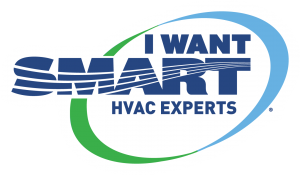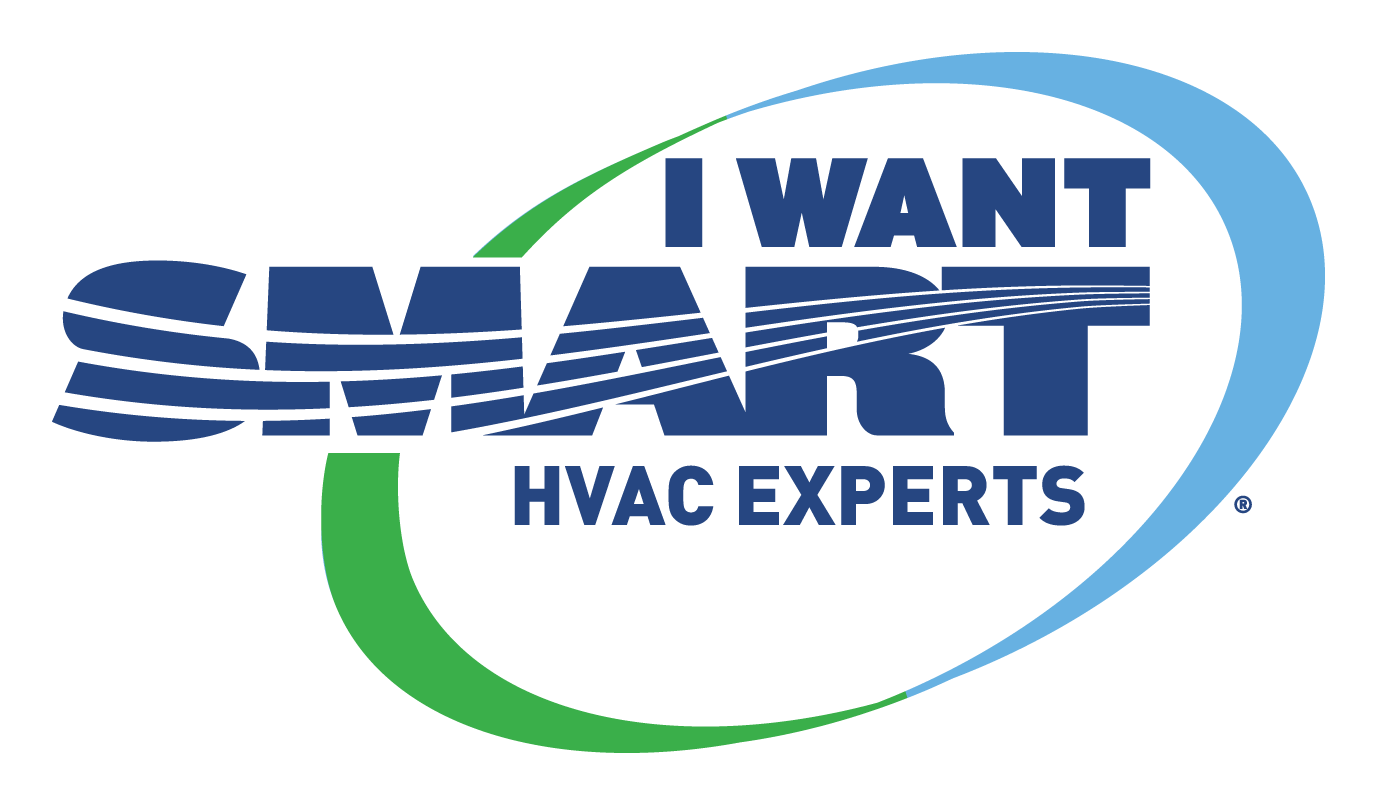HVAC FAQs
What does HVAC stand for?
Heating, ventilation, and air conditioning
What does SEER mean?
SEER stands for Seasonal Energy Efficient Ratio. Air conditioners are rated according to their SEER.The higher the SEER rating of your air conditioner, the more you save on electricity. The U.S. DOE (Department of Energy) revised its energy conservation rules in 2006 requiring all new products to have a 13.0 SEER rating or higher. Manufacturers of air conditioners can offer SEER ratings of 13.0 to 21 or higher. (energy.gov)
What does AFUE mean?
AFUE stands for Annual Fuel Utilization Efficiency. A higher AFUE means higher efficiency. AFUE is used to measure furnace or boiler heating efficiency. AFUE measures the amount of actual heat delivered to your house compared to the amount of fuel being supplied to the appliance. A furnace that has an 80% AFUE rating means it converts 80% of the fuel that heats your house and the other 20% is lost going up your chimney. Manufacturer’s furnaces can offer AFUE ratings of 80% to 98.5%.
What does BTU mean?
British Thermal Unit. BTU is a basic measure of energy.
How long should my furnace and air conditioner last?
”Heating, Ventilation, and Air Conditioning (HVAC)systems require proper and regular maintenance in order to work efficiently, but even in the best case scenarios most components of such systems only last 15 to 25 years. Furnaces on average last 15-20 years, heat pumps 16 years, and air conditioning units 10-15 years. Tankless water heaters last more than 20 years, while an electric or gas water heater has a life expectancy of about 10 years. Thermostats usually are replaced before the end of their 35-year lifespan due to technological improvements.” (National Association of Home Builders/ Bank of America Home Equity Study of Life Expectancy of Housing Componentsm )
How often should I check my air filter?
We believe it is important to check your air filters monthly. Depending on what type of air filter you have will greatly determine the health. If you have a disposable type filter and you start to notice it is dirty, we recommend you just throw it away and replace it with a new one. Non-reusable ones can last months, but it is still important to check them monthly to make sure they are up to code.
How often should I clean my air filter?
Cleaning your air filter every other month would help the air filters last longer. When you start to notice a lot of buildup, we recommend you take them off and clean them. Almost all air filters are directional, meaning the air flows through the filter in only one direction. Look for the arrow symbol indicating the direction of the air flow. You can use a hose and spray the filter clean. Once the filter dries off you can put it back
How often should I change my filter?
How often you should change your furnace filter will depend on many factors. “Check the filter and change it if it’s dirty, or according to the manufacturer’s recommendation. Regularly changing the filter keeps dust from collecting on the evaporator coil fins. Keeping your filter clean also can cut energy consumption 5 percent to 15 percent. Turn off the power to the furnace before pulling the filter out so the blower doesn’t come on and blow dust throughout the system. Be sure to position the filter according to the manufacturer’s instructions.” (AHRI)
Why do I need to change my filter regularly?
Changing your air filter regularly helps your heating and cooling system operate at peak levels and improves indoor air quality. If you do not change your filters you will not see your heating and cooling system properly working at 100%. Changing the air filters regularly will ensure proper air flow and to keep your home free from dust, allergens and germs.
What is a Manual J load calculation?
“A residential load calculation procedure, based on an accepted industry standard (approved by the American National Standards Institute) used for the proper sizing and selection of HVAC equipment in residential homes.” (AHRI)
What temperature should I set my thermostat?
The temperature settings of your thermostat depend mainly on the time of year and your personal preferences. If it is during the summer time, the average temperature setting is 75°-80°. During winter, we recommend that you keep it between 68°-72°.
What is two-stage heating?
A two-stage heating system means that a furnace has two levels of heat output. There are both; high for cold winter days and low for milder days. Having a two-stage means that the furnaces swill tart in the first stage, and will not reach full capacity all at once. Because of this, you will not see a sudden blast of air. When in the low setting, it will meet the household heating demands 80% of the time, allowing a two-stage unit to run for longer periods and provide more even distribution of heated air.
What should I look for when buying a new heater & air conditioner?
Most important factor you want to be on the lookout for is the manufacture. You want to make sure you are getting a good reputable grand with high quality and durability.
When shopping, look for a brand that has high ratings and positive reviews. Picking a brand that is on sale doesn’t mean that it is a quality product.
Make sure you choose a model with high efficiency rating. This will ensure to lower your seasonal energy bill.
Is too much humidity a bad thing?
When you have too much humidity in your house, condensation will occur on windows and can be the main factor in breeding mold. When this happens it can lead to allergies and respiratory problems.
Why is it important to choose a reliable HVAC company?
You want to have a company with a long lasting track record that has proved to have a good reputation. I Want Smart has the highest trained technicians who get the job done correctly, efficiently, and safely. Smart makes sure all of their customers are 100% happy and satisfied with their installation.
Is sound coming from my heating and air conditioning an issue?
Yes. Any noise coming from either your air conditioning or heater may pose a threat to your units. The best solution would be to call and schedule an appointment to have the noise looked at. Don’t wait! What could have been a simple fix may turn into a major problem.
Should I have regular maintenance on my heating and air conditioning?
Yes. An air conditioner and heater are a must when it comes to maintaining. Just like your car, you have to service and have regular upkeeps on the units to make sure the engine, mechanical devices, and electrical components are all working.
How much water does a humidifier use?
This will change depending on the size of your unit and the square footage of your home. On average, a humidifier may use anywhere from 1.5 to 12 gallons per day when the furnace is running. While this does seem like a high number, it is just enough water to raise the humidity to the proper level, but not so much water that you will see a dramatic difference in your water bill
What is the difference between split system and a package unit?
A split unit uses both indoor and outdoor components. A package unit doesn’t require external heating units, coils, or air handlers.
How do I know what size unit I need?
Unit sizes vary completely by the size of your house, insulation, how many people live in the house, the number of windows, major heat producing equipment and personal preference.
What is HSPF mean?
HSPF stands for Heat Seasonal Performance Factor. This is what measures the heat pump and the heating efficiency.
What does EER mean?
EER is the Energy Efficiency Ratio. This measures the efficiently of a cooling system and how it will operate when the outdoor temperature is at a certain level.
What is a heat pump?
A heat pump is an all-in-one cooling and heating system. A heat pump is different because it is all in one, unlike having two separate units (air conditioner & heating system).
Should I cover my units in the winter?
All external HVAC equipment is made to withstand harsh weather conditions and varying temperature extremes. By covering your outside unit you may be creating a shelter for rodents and other insects that may cause real damage to your unit.
How long will my system last?
Units’ lifespan will vary greatly. If you are taking care of the units and giving proper maintenance, then your air conditioner can last anywhere from 12-15 years and a gas furnace anywhere from 20-25 years.
HAVE MORE QUESTIONS?
We have answers to your HVAC FAQs! Visit our contact page to fill out a simple contact form, give us a call, or shoot us an email. We would love to hear from you.


